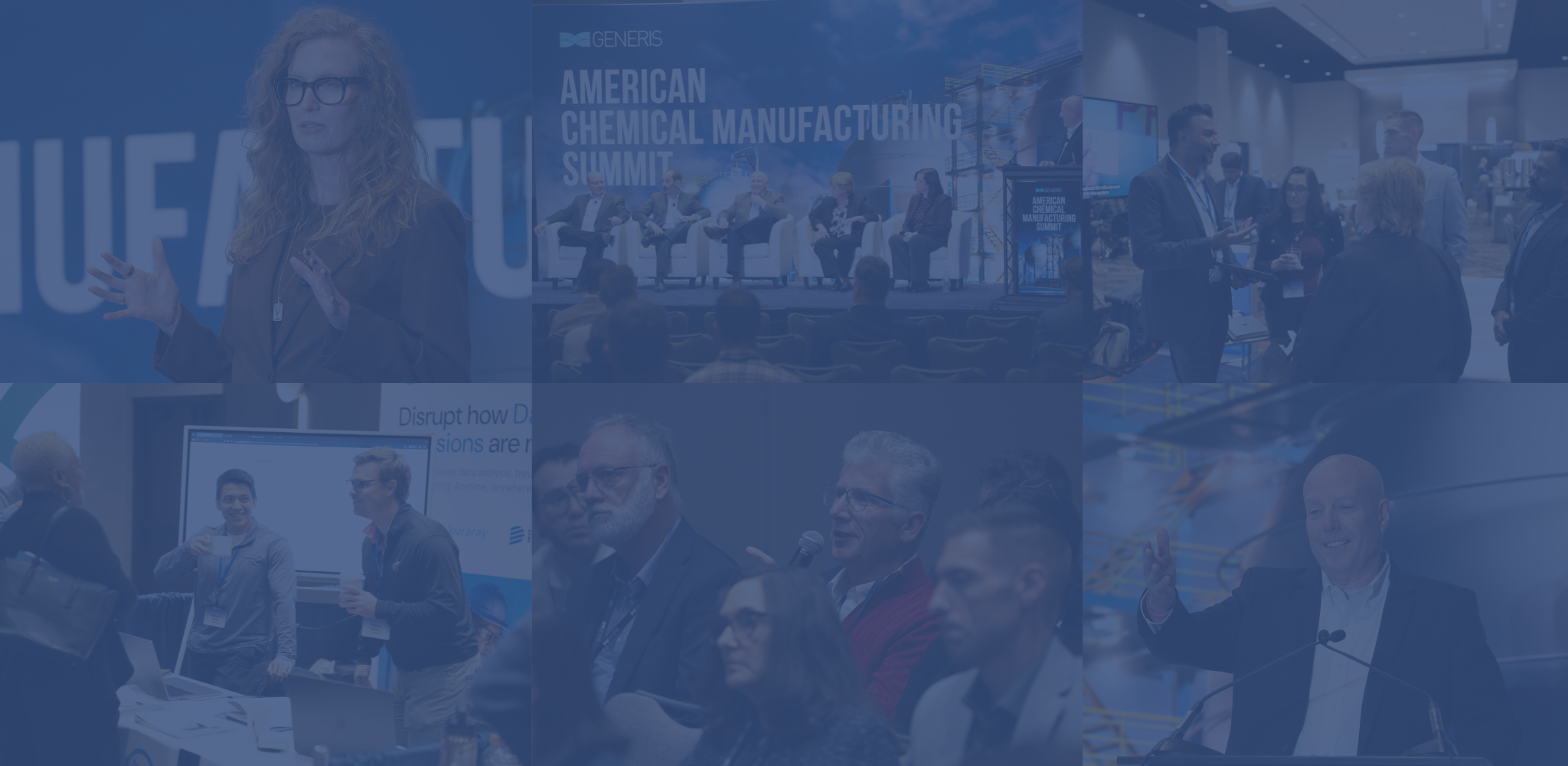In this Speaker Spotlight, Robert Snijder, Global VP of Procurement at BENTELER Steel/Tube, will delve into his upcoming panel discussion, "Advancing Sustainability Initiative and Continuous Improvement in Supply Chain Management," which will be featured at the European Supply Chain Summit.
 In Robert's session, he will discuss Supply Chain Sustainability Initiatives to define the strategy and preparing the organization to cover all sustainability requirements and objectives in a comprehensive way. This will include the several areas and regulations and reporting obligations to address, sustainability organization with Group-wide steering approach and status and results of this approach.
In Robert's session, he will discuss Supply Chain Sustainability Initiatives to define the strategy and preparing the organization to cover all sustainability requirements and objectives in a comprehensive way. This will include the several areas and regulations and reporting obligations to address, sustainability organization with Group-wide steering approach and status and results of this approach.
My name is Robert Snijder and since April 2018 I am responsible for the procurement function in BENTELER Steel/Tube. BENTELER's overall procurement is managed over mandates together with the Executive Vice-President of Procurement for BENTELER Automotive Components and Modules. Before taking this role at BENTELER, I occupied several other Supply Chain and leading roles at Bosal, Carrier, and Arvin(Meritor) and was an entrepreneur in renewables for five years.
What are the main challenges in ensuring that procurement strategies remain aligned with evolving business goals?
As dynamics and conditions in the industry change at an ever more rapid pace, it is very important to be ahead of the game, meaning that linking the supply chain indicators to the rest of the business, as well as monitoring the trends, is a prime necessity.
The second main challenge is to make sure that the supply chain is stable by monitoring the risk factors and building contingencies or alternative solutions for the next 3-5 years.
The next thing is to stay in control of the supply chain by controlling the quality, logistics, and costs and, ultimately, design-to-cost. With the increasing number of regulations, import restrictions, and political developments, it is important to have a supply base that is integrated into your operations.
How important is supplier diversification in ensuring stability and flexibility, and how does BENTELER achieve this?
Supplier diversification can mean two things: firstly, making sure that your supplier manages its business in such a way that he has contingencies for when she or he is facing issues; secondly, it is making sure that you have an alternative supplier that is a true alternative in terms of quality, supply, and costs. BENTELER does this by analyzing its requirements, monitoring the incumbents, as well as the challenges in the supply chain, and making sure that just enough suppliers are onboarded.

How does BENTELER proactively manage risks to minimize supply chain disruptions?
Before entering into business, suppliers need to meet certain requirements in terms of certifications, and several due diligences and audits are performed. Subsequently, we manage the risk by making sure that suppliers are financially healthy and are not located in politically unstable areas, have followed a proper industrialization process and set up a proper quality process that continues to meet the quality requirements, have the capacity to produce our requirements and maintain safety stock and we monitor their performance on a daily basis. All contractual obligations are documented in agreements. Wherever necessary, we develop suppliers
"We manage the risk by making sure that suppliers are financially healthy and are not located in politically unstable areas, have followed a proper industrialization process and set up a proper quality process that continues to meet the quality requirements, have the capacity to produce our requirements and maintain safety stock and we monitor their performance on a daily basis."
What are the main challenges in adapting products and brands to meet evolving consumer expectations?
The main challenge is meeting environmental and SCoC requirements, which can be an opportunity at the same time because being able to meet these requirements at a lower cost can put you in advance of the competition. Examples of these are battery trays, rotor shafts, and the people mover we developed. A challenge that makes it difficult to operate in the current market is the increased European regulations and laws compared to other parts of the world.

Can you discuss any recent innovations in risk management that have been particularly effective for BENTELER?
BENTELER created a very efficient Sustainability Office that manages the Scope 1- 3 objectives, SCoC, CSRD, ESG, and Governance requirements. Also, we have been able to effectively manage the Sanctions for Russia and Belarus and addressed the Supply Chain Act early on.
We sincerely appreciate the valuable insights provided by Robert Snijder in this blog post. His expertise will greatly enhance our discussions at the European Supply Chain Summit. We are eagerly anticipating his upcoming session, "Advancing Sustainability Initiative and Continuous Improvement in Supply Chain Management," which will take place on 20-21 November 2024 in Antwerp, Belgium.
%20(1).png?width=773&height=112&name=Generis%20Logo%20full%20Colour%20(Large)%20(1).png)


.png)
-2.png)
